WeLearn From WeWork
We live in a different startup world than our grandparents did. This goes without saying. However, is this good or bad? Maybe it is both good and bad. For the most part entrepreneurs took on a lot of risk and started businesses on a shoestring budget. Think of people like Steve Jobs and Peter Thiel. One started in a garage and the other in a college dorm. They took huge risks because they didn’t have a ton of funding at the starting line. This led to great products and innovation. Why because they had to. They were broke and needed to make their visions a reality. They did and changed the world. There is a lot to learn from business owners like this. At the same time their enthusiasm and dreams pushed them and others to really get on board and scale their ideas.
Today things are much different. There are so many people calling themselves entrepreneurs who aren’t lacking in enthusiasm and vision. It is becoming harder for investors to see who is really an entrepreneur, one who undertakes risk, and who isn’t. After all it isn’t nearly as risky if you are receiving billions of dollars to get a start-up off the ground.
Now let's get to the lessons learned from recent events at WeWork. The company was founded in 2010 and designs, builds, and manages office space. WeWork has raised billions of dollars by 2016 and as of last year has lost 2 billion dollars. The office sub-leasing company has been under fire because of co-founder and late CEO Adam Neumann. Adam is seen as more of a tyrant burning through capital then an entrepreneur. With huge losses, a delayed IPO due to slow investors, and even pot smoking in private jets WeWork isn’t looking as hot as it once did. Investors like SoftBank in China have been more than reluctant to pump any more capital into the company. Masayoshi Son, controller of SoftBank, is in a world of hurt after funding a massive new building in Tokyo. Especially if WeWork keeps burning through capital faster than it can turn a profit. With WeWork on the ropes Investors ousted Neumann and replaced him with 2 co-executives.
WeWork is hoping that a more conservative approach will help gain the trust of the investors but without the visionary the company might seem less appealing. WeWork is showing us that it is better if WeLearn from their mistakes. We can learn that sometimes it is better to hold off on expansion and make sure the company is nailed down before we scale. Had WeWork nailed down a profitable business model and then taken 2 billion dollars things would look much brighter for them. We also learn that spending isn’t always the answer. We can learn that having a lean mindset can lead to innovation and necessary market testing. Too much money right out the gate can lead to unrealistic projections, spreading oneself thin and most importantly loss of the true vision that connects a business with its customers. Don’t be afraid of big funding. Be afraid of using funding as a crutch for poor business modeling, an excuse to forgo pivots and adaptation, or as a smokescreen for irresponsible leadership. A shoestring budget or at least decision making based on a sound lean mindset keeps management honest and focused on the core pain that is being solved by the business.







No comments: